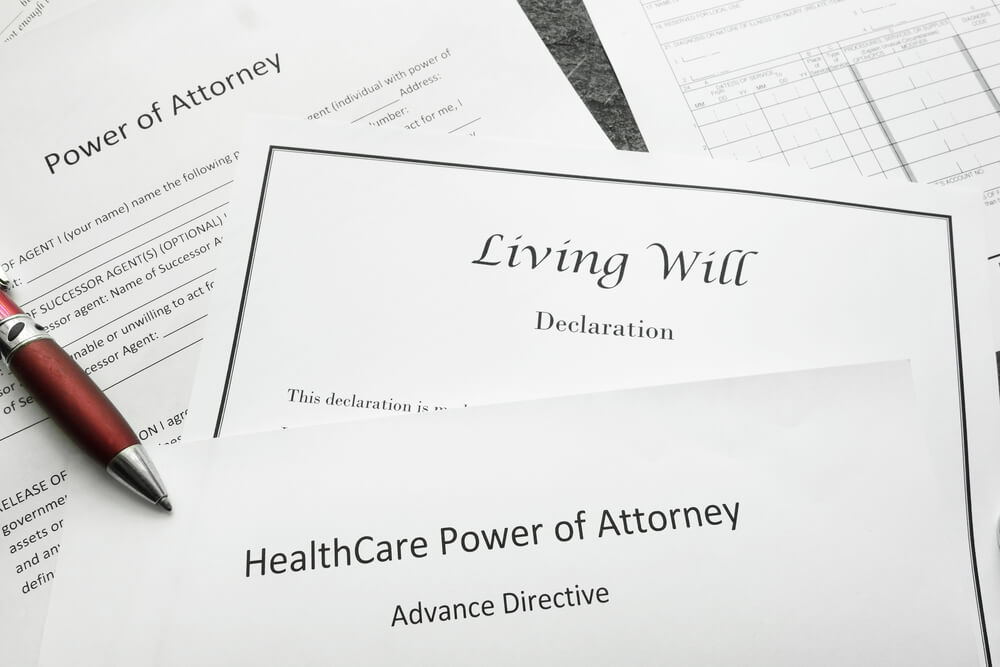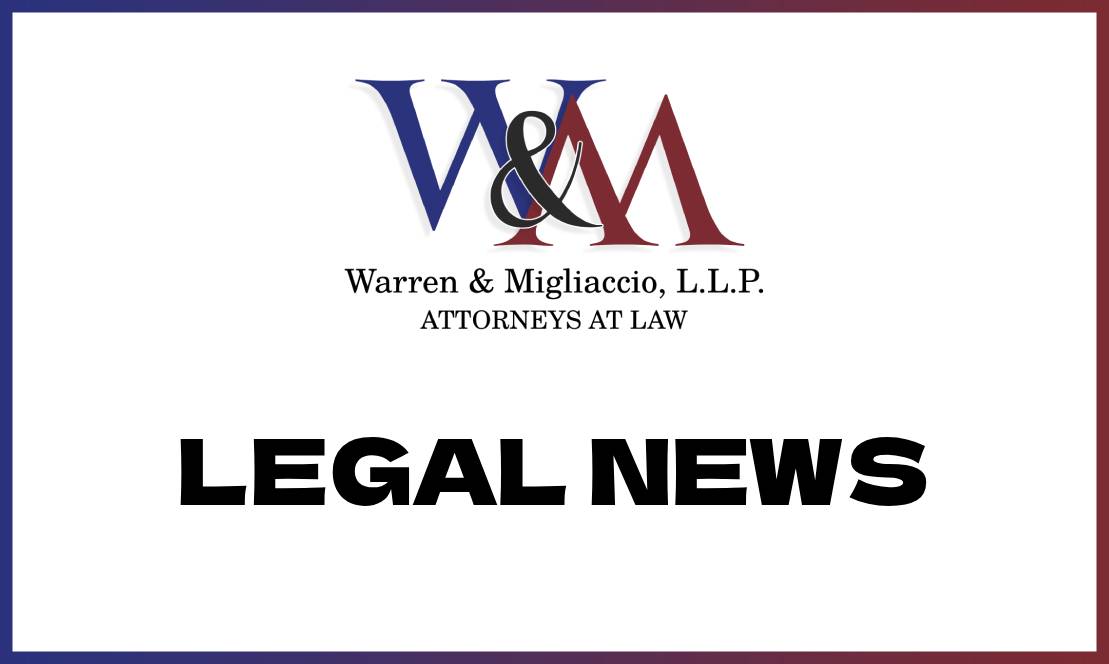
There are many reasons why people devise an estate plan. Oftentimes, they are hoping to achieve a peace of mind in knowing that the future of their estate, assets, and legacy will be handed down to generations of friends and family they care about the most. While this general concept is a good one, there are so many nuanced and unexpected events that can unfold as life goes on, in which having an estate plan will be helpful. Here we have discussed some of these scenarios.
You are headed towards bankruptcy.
There are two ways in which filing for bankruptcy can affect your estate plan. Firstly, you may file for bankruptcy and could pass away while your case is still pending. Secondly, one of your beneficiaries may file for bankruptcy before you die. Having a plan for either of these situations is complicated, but not an impossible task, especially if you have guidance from a legal team with the know-how to protect you in all kinds of scenarios.
Debt collectors can be relentless.
What happens to your debts after you pass away will vary depending on the state you reside and will be handled based on probate law. But leaving behind debts can prevent your beneficiaries and heirs from inheriting what you want them to have, and quickly. Debt collectors can be relentless in their pursuit of unpaid debts, whether that person is alive or not. In fact, when someone dies, debt collectors may come forward and declare payment from the estate. If you don’t have instructions in your estate plan regarding these debts, it will be difficult for your executor to know which are legitimate, and which should not be paid at all.
The future of relationships is unpredictable.
Most of us go into life with the perspective of hoping for the best. But ultimately, we cannot predict who and in what ways our relationships will change overtime. Coming together and parting ways is a tale as old as time, and sometimes we just aren’t meant to be with a person forever. What your estate plan can do is name people or charity organizations that you want to have a portion of your assets after you die. But the key is updating your estate plan documents as your relationships change, such as marriage, divorce, and having children.
Injury or illness due to personal injury accident.
Examples of personal injury accidents could entail medical malpractice, car accidents, slip and falls, assault, workplace toxic exposure, and so much more. As the product defect lawyers at Cohen & Cohen explain, one can also sustain injury or illness from using a product that is defective and wasn’t safe for public use. Within your estate plan, you can write preferences for what kind of medical attention you do or do not want to have in the event of your incapacitation. We don’t expect to get seriously injured or ill in an accident, but it can happen.
Estate planning should take into consideration not just overarching goals of preparing for the future, but the nuanced situations we may find ourselves unexpectedly in.

